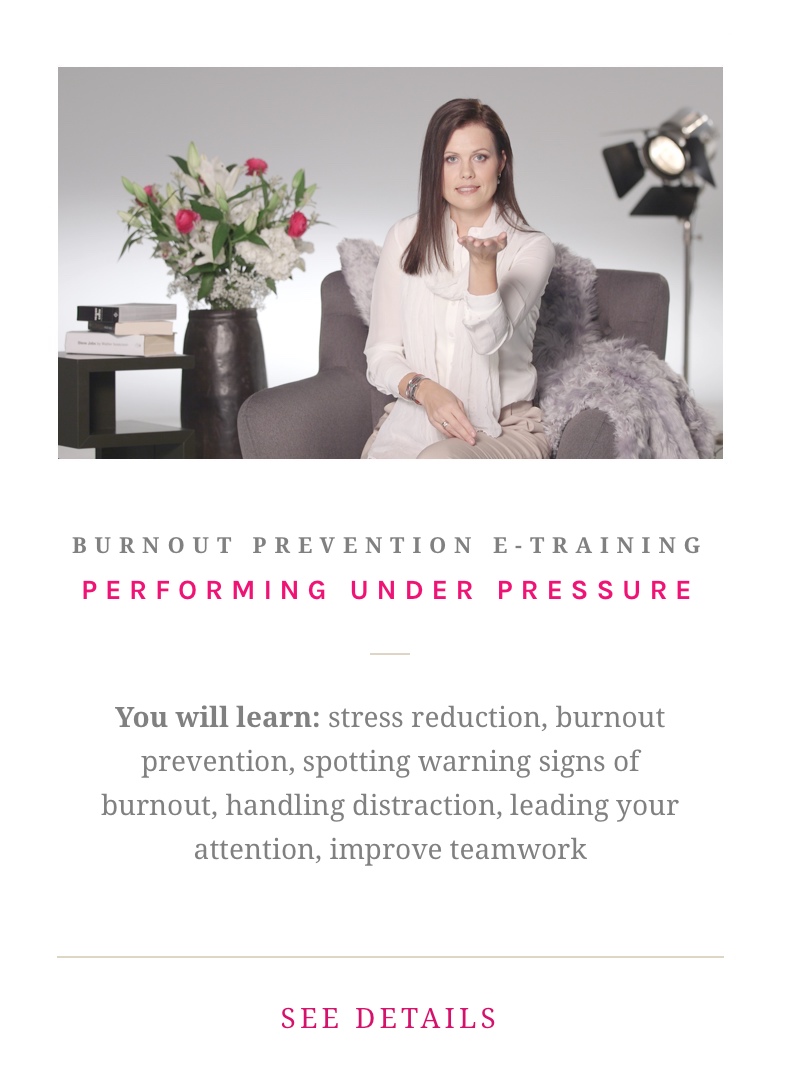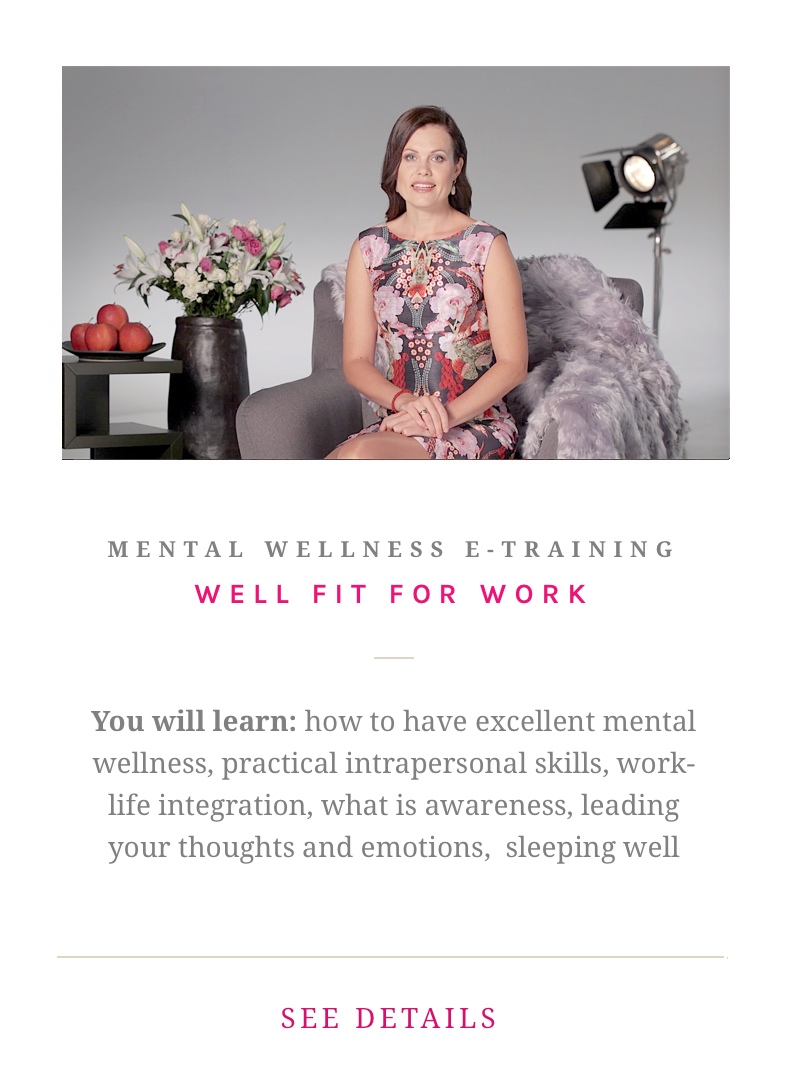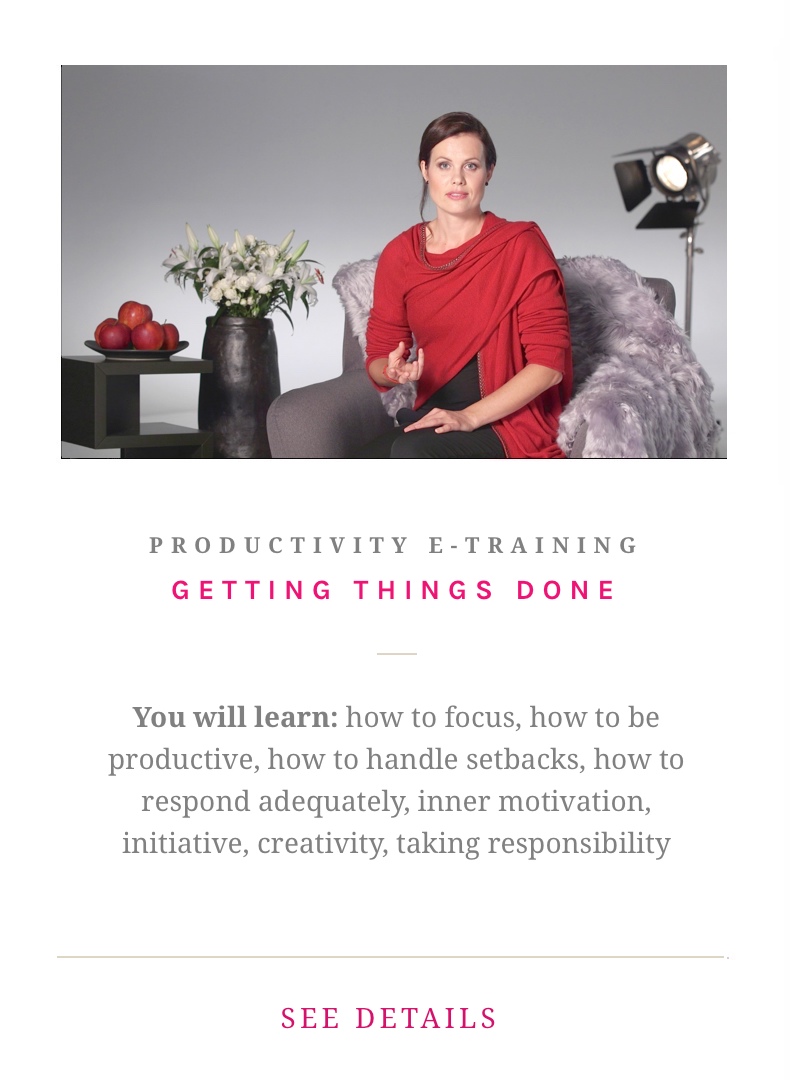12 efficient stress reduction ideas
Work stress is a common problem that affects many people across different industries and professions. According to a survey conducted by the American Institute of Stress, 80% of workers feel stressed on the job, with nearly half reporting that they need help in learning how to manage stress.
Furthermore, the World Health Organization has recognized work-related stress as a global issue, with estimates suggesting that stress-related illnesses cost businesses billions of dollars each year in lost productivity, absenteeism, and healthcare expenses.
While the degree of work stress varies depending on the country, industry, and specific job, it is clear that stress in the workplace is a significant concern for both employers and employees alike.
When people come into contact with excessive pressures, they fail to handle their adverse inner reactions, and this leads to stress. All automatic fast reactions are energy-consuming and overrun our ability to have a calm-minded, fully aware response.
The inability to deal calmly with the pressures of work, personal life, and other factors causes employees to feel overwhelmed, anxious and stressed. This can lead to a negative impact on their productivity, mental health, and overall well-being.
Know your stress level
Are you aware of your stress level and how to reduce it?
There are efficient ways to reduce stress, and the most efficient way to do this in the workplace is by allowing people to acquire practical intrapersonal skills. We have focused on making learning such skills as easy as possible.
By taking conscious steps to reduce stress, employees can improve their mental and physical health, increase their productivity, and create a happier, healthier work environment.
Only by becoming more aware of the location of your awareness and directing awareness at will reduce inner reactivity.
The less you react subconsciously, the fewer stressors out there influence you. Stressors will always remain out there, but your intrapersonal skills allow you to make aware choices to direct your awareness and thus feel calmer and more focused. When you have a calm mind and are focused on aware monotasking, stress reduction becomes efficient.
Discover your actual stress level by taking a free stress test at the link below.
This self-evaluation of stress level with the feedback is free for you, just click the link below within the next 24 hours!
12 stress reduction ideas that are easy to apply
To reduce stress for employees, here are some general strategies that can be helpful for you and your team.
- Encourage breaks: Encourage employees to take regular breaks during the day to help them relax and recharge. This can help reduce stress. Taking breaks is something that people often forget, and keeping a constant high pace leads to burnout.
- Encourage open communication: Encourage employees to communicate openly about their concerns and issues. This can help to identify and address problems before they become more challenging issues. Also, make it safe to talk about stress, burnout, and health topics in general.
- Provide training and resources for keeping a fit mind: There are often trainings that promote job efficiency and emotional motivation, but notice that without proper intrapersonal skills, those may increase stress levels. There is a need to deal with people who feel unprepared or overwhelmed, and here regular mental wellness training can improve inner calmness, which again allows learning faster, new professional skills.
- Offer support and flexibility: Offer support and flexibility to employees who are dealing with personal or work- or stress-related issues. This can include offering time off, flexible work schedules, or access to counseling services. When mental health counseling and proactive mental wellness trainings meet, recovery becomes quicker. Also, remember to secure the mental health first aid option. Remember, sooner in this case is always better than later.
- Notice good work results and take time to show gratitude: While financially rewarding employees for their good work is good, permitting time off after an intensive period and genuinely thanking employees is often undervalued. Knowing that after a busy period, you can restore yourself and hear kind words can help boost morale and reduce stress caused by feeling undervalued or unappreciated.
- Foster a supportive work culture: Foster an optimistic workplace culture that encourages teamwork, collaboration, and mutual respect, and values creativity. Such a culture should also support remote working. As Rachel Botsman stated, "At the heart of the stress for leaders is that employees seem to have more say and more control over how, when, and where they work. There is a profound power and trust shift." Culture is always built around trust and good self-leadership. Both in and out of the office, intrapersonal skills play a key role as they lead to good interpersonal relations and secure good fitness for work, as explained in our online training 'Well Fit For Work'.
- Provide a suitable work environment and tools: Ensure that the work environment is comfortable for performing the tasks that employees need to carry out. Note that an open office demands training intrapersonal skills, as there is a lot of external noise and distractions. Only when you know how to keep your focus, access creativity, etc, can you work become inspirational. Good office matters, creative people who take initiative, while completing their tasks, matter more!
- Promote solitude and silence: A serene work environment reduces stress as there are only the needed interactions. Silent rooms or work areas are as necessary as meeting rooms and areas where to meet others. In silence, concentration demands less effort and thus stress levels don't rise as fast as in nosy open office areas. Also, silence allows access to creativity and insights! So, if there is an ambition for innovation, both outer and inner silence matter.
- Encourage employees to find healthy ways to integrate their work and life: Allow them to find their own terms to integrate their family and work life and hobbies as much as possible. When employees feel fulfilled in their personal lives, they are more likely to be happy and productive in their work lives. Also, remember that rules are replacements for personal initiative; some rules are needed, but overregulation kills initiative and creativity. In innovative workplaces, intrapersonal skills and personal responsibility replace rules as explained in our online training 'Getting Things Done'.
- Make stress tests accessible and promote stress reduction: Wellness Orbit has a well-received stress-reduction and burnout prevention training, 'Performing Under Pressure', that can fill this part! Remember, a stress-free life is possible but demands proper intrapersonal skills that allow replacing inner reactivity with an aware response. However, removing all the stressors out there is never possible. While you can reduce the number of stressors around you, you can also remove negative inner reactions. The last demands systematic mind health training!
- Encourage employees to prioritize self-care: Encourage getting enough sleep, eating healthy foods, and training your mind and body regularly. When employees take care of their physical and mental health, they are better equipped to handle stress and stay focused and productive. Wellness Orbit online training 'Well Fit For Work' opens all those topics up in a systematic manner.
- Create supportive work relations: Good work relations are as crucial as good work conditions for reducing stress and avoiding (mental) health problems. Encourage employees to treat each other with respect, kindness, and compassion. Excellent intrapersonal skills favor this, as people know how to deal with their own inner reactions and problems. Foster a culture of open communication, collaboration, and support. This can help employees to feel valued, supported, and connected to their colleagues.
By implementing these stress reduction ideas and developing those into actionable strategies, employers can help to reduce stress for their employees and create a more calm, productive, and supportive work environment.
|
Conclusion
Reducing stress and increasing awareness-based intrapersonal skills in the workplace, creating a happy, healthy, and productive work environment.
By encouraging applicable consciousness practices and mind training, opening up the secrets of aware monotasking, and replacing inner reactions with aware responses, you create calmer work relations.
Also, by promoting life-work integration, creating a favorable and friendly work environment, providing opportunities for professional growth, and prioritizing learning intrapersonal skills, employees can reduce stress levels and avoid burnout.
All those 12 ideas can potentially improve employee well-being, however, your willingness to implement those one by one is the key!
What is the best starting point?
Watch the video below and then just start training your mind! It is easy, affordable and relaxing! When you have a fit mind, you can apply those strategies above without stressing out.
This blog post is by Kaur Lass. Latest update 16.04.2025



.jpg)


